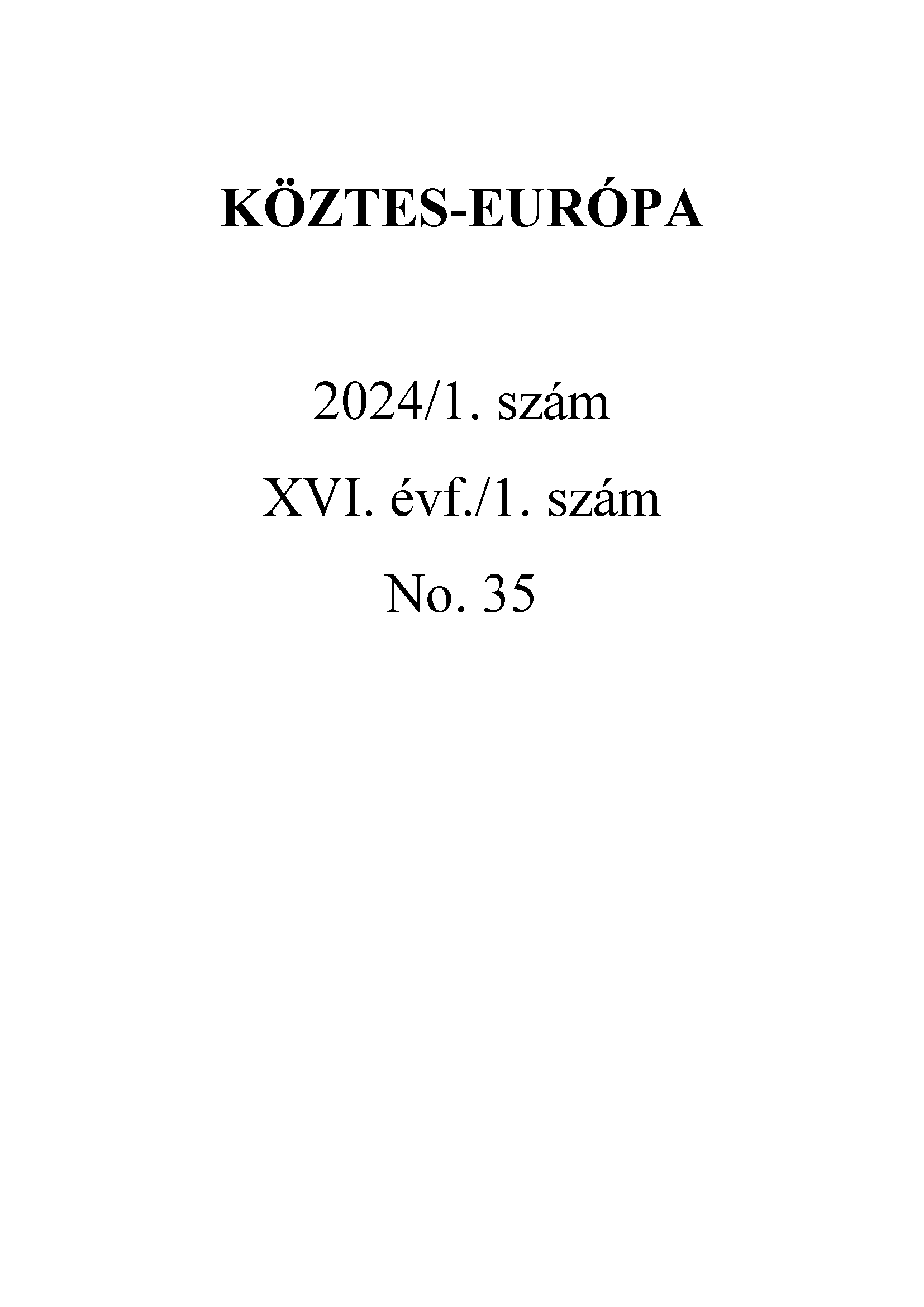Németország keleti szomszédai és a Keleti Partnerség program Geopolitikai fontosság, centrum-periféria viszonyrendszer és kihívások a régió stabilitásában
Main Article Content
Absztrakt
Germany's Eastern neighbors hold significant geopolitical importance, both for Berlin's foreign policy and the broader European landscape. This paper delves into the intricate dynamics of the Eastern Part-nership Program (EPP), focusing on its implications for the region's stability and the center-periphery relationship system.
This paper examines the center-periphery relationship within the EPP framework, exploring how Ger-many's leadership interacts with the aspirations and challenges faced by its Eastern neighbors. While the program has facilitated reforms and fostered closer ties with the EU, it also exposes tensions between the core EU states, particularly Germany, and the periphery, as aspirations for full EU membership clash with the realities of geopolitical constraints and domestic politics.
By analyzing the geopolitical intricacies and center-periphery dynamics within the Eastern Partnership Program, this paper provides insights into the evolving role of Germany in shaping the destiny of its Eastern neighbors and navigating the challenges to regional stability. Understanding these dynamics is paramount for crafting effective policies that promote security, prosperity, and cooperation in Eastern Europe.
